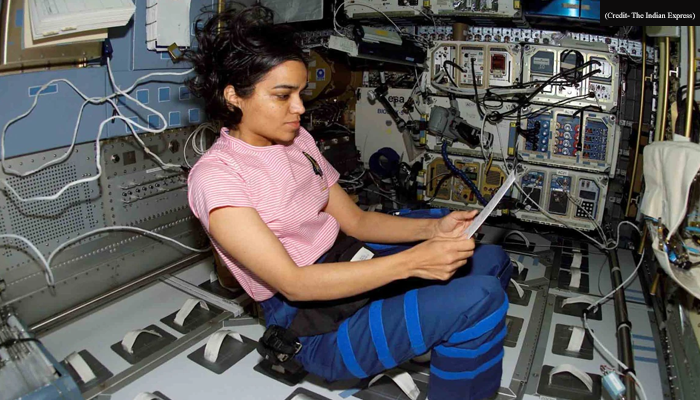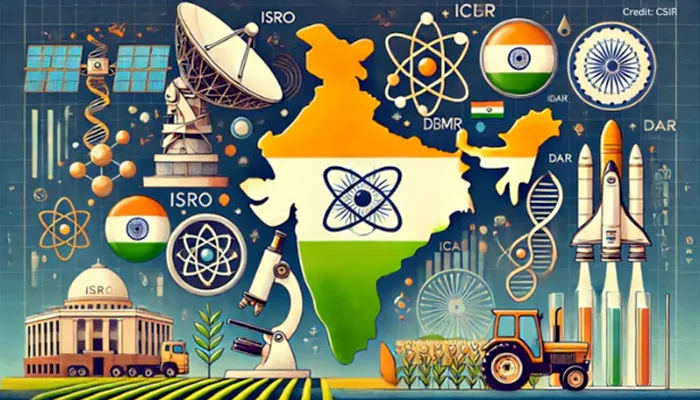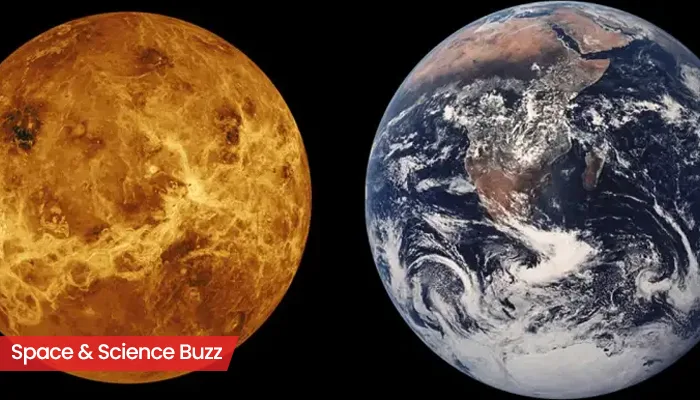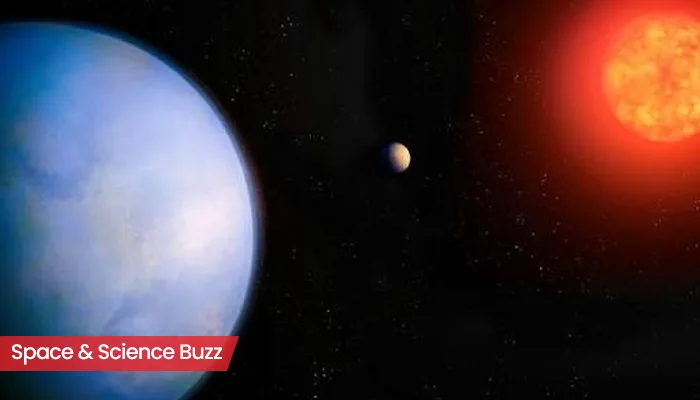
Explore the challenges and potential benefits of colonising Mars as the next giant leap for humankind.
The idea of humans living on another planet has long been the stuff of science fiction, but today, it is closer to becoming a reality than ever before. Mars, the fourth planet from the Sun, has captured the imagination of scientists, entrepreneurs, and the public as the most likely candidate for human colonisation. With technological advancements and ambitious plans from space agencies, the question arises: Can the next giant leap for humankind be the colonisation of Mars? Let us explore the potential of Mars colonisation and what this endeavour could mean for the future of humanity. Read on!
Why Mars?
Mars has long been considered the most viable option for human colonisation due to its similarities to Earth. Although it is a harsh and barren world, it offers conditions that, with the right technology, could support human life. Mars is relatively close to Earth, with travel times currently estimated between six to nine months, depending on the alignment of the planets. This proximity makes it the most accessible planet in our solar system for exploration and colonisation.
Similarities to Earth
Mars has a day length similar to Earth’s (about 24.6 hours) and seasons that are comparable to those on Earth due to its tilted axis. Additionally, evidence suggests that water exists in the form of ice beneath its surface, which is crucial for supporting life.
Potential for terraforming
Scientists believe that with advanced technology, Mars could be terraformed, or altered to support Earth-like conditions. This could involve thickening its atmosphere to warm the planet and possibly creating liquid water on the surface.
The challenges of colonising Mars
While the idea of colonising Mars is exciting, it is also fraught with immense challenges. The harsh environment, technological hurdles, and ethical considerations must all be addressed before humans can call Mars home.
Harsh environment
Mars has a thin atmosphere composed mostly of carbon dioxide, with little oxygen, making it impossible to breathe without life support systems. The planet also experiences extreme temperatures, with lows reaching -80 degrees Fahrenheit (-62 degrees Celsius) in the winter. Additionally, Mars has no magnetic field to protect against harmful cosmic radiation, posing a significant risk to human health.
Technological hurdles
Establishing a self-sustaining colony on Mars requires technology that is still in development or theoretical. This includes life support systems capable of recycling air, water, and waste, habitats that can withstand Mars’ harsh conditions, and sustainable food production methods. Furthermore, transporting materials and people to Mars is a monumental logistical challenge, requiring advancements in propulsion technology and space travel infrastructure.
Are we ready for Mars?
While the colonisation of Mars is no longer a distant dream, the journey to making it a reality is still long and uncertain. Significant progress has been made, with organisations aiming to send the first humans to Mars within the next decade. However, the challenges are immense, and it will take a concerted global effort to overcome them.
Preparing for the unknown
There are many unknowns about living on Mars, from the psychological effects of long-term isolation to the impact of low gravity on the human body. Addressing these uncertainties will require extensive research, testing, and potentially long-duration missions to Mars or similar environments on Earth.
The colonisation of Mars represents the next giant leap for humankind, offering both incredible opportunities and formidable challenges. While the road to Mars is fraught with obstacles, the potential benefits for human survival, scientific advancement, and global inspiration make it a goal worth pursuing. Whether or not we are ready for Mars remains to be seen, but the pursuit of this dream could drive humanity to new heights. The future of space exploration and the potential colonisation of Mars could very well define the next chapter in human history.





.webp)
.WEBP)
.WEBP)
.webp)
.webp)


.webp)